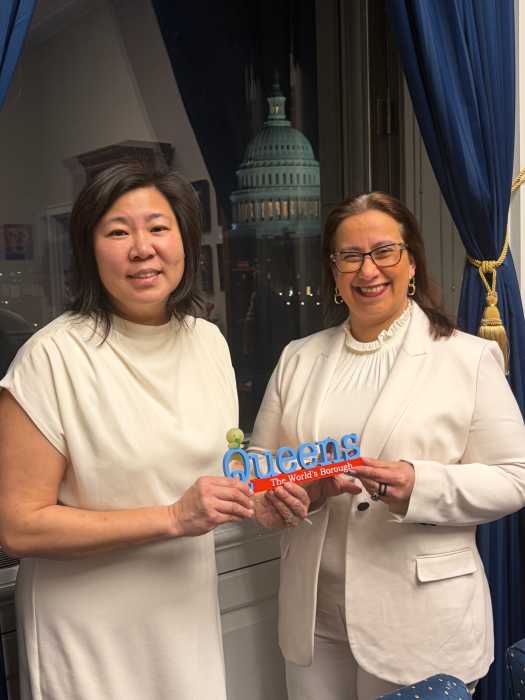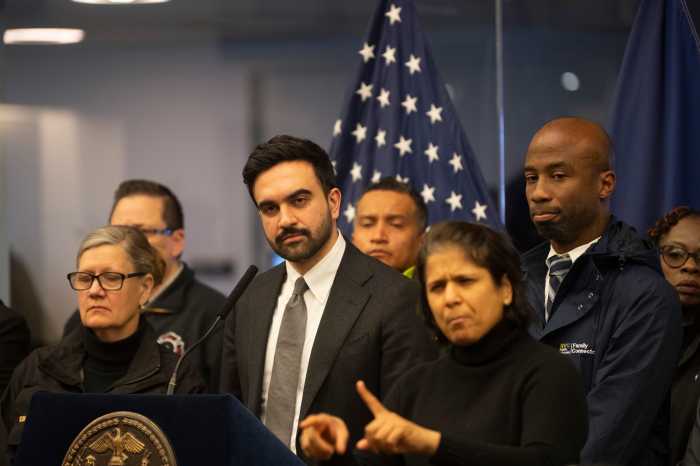Queens College entered the 2019-2020 academic year with increased numbers of students and new degree opportunities.
As it continues to be named one of the nation’s best colleges by the “Princeton Review, Money and Forbes” for academic excellence, Queens College has received more than 2,200 first-time freshmen, representing a 17 percent increase over last year and 33 percent growth in the decade since 2009. The college has also admitted 2,000 incoming transfer students, and has a student body of more than 20,000.
“Queens College has always set a high standard for public higher education,” said William Tramontano, interim president. “That is why we continue to attract students and grow as an institution. We are proud of our strong liberal arts and sciences curriculum, and our newest programs build on it. They also demonstrate that our world-class faculty are active scholars and researchers who teach the most relevant and stimulating research trends, technologies and ideas of today. We are excited about the superb programs we are offering to our students.”
This year, the college welcomed 27 new full-time faculty members to 19 departments across all divisions of the college. The new faculty members hold a broad spectrum of research interests — from Korean and East Asian film and digital media to opioid addiction, from the political economy of the global information and communication industry to the many ways in which people, mobility, the environment and social justice are interrelated. They also bring a wide range of professional and advocacy experience such as health, the environment and musical performance.
New degree options this year concern emerging areas of scholarship and work. At the undergraduate level, the women and gender studies department launched a minor in LGBTQ studies, which will introduce students to interdisciplinary research and theory that are breaking new ground.
Urban studies has added a minor in the growing field of urban planning; in a metropolitan area facing rising rents and shrinking public and green spaces, this minor addresses questions important to urban students and offers them the research tools to make a difference in their careers. The art department introduced a BFA in photography and imaging; it combines mastery of advanced imaging technologies with traditional training in art and photography, offering graduates expanded career paths in commercial and fine arts.
At the graduate level, risk management added an actuarial studies concentration to its MS degree, which prepares students to become actuaries; the curriculum is aligned with the industry’s core actuarial exams. A new advanced certificate in risk management will be useful to students who already hold an MBA or graduate degree, but who wish to specialize in risk management.
Data Analytics has created an advanced certificate in leadership and management, which teaches students how data analytics can help organizations achieve their goals; it also trains them to bridge the worlds of data and management.
In addition, several existing degrees and certificates can now be earned online. Family, nutrition, and exercise sciences will be offering its MSEd in family and consumer sciences fully online, meeting the needs of teachers who can benefit from the flexibility and convenience. Similarly, special education now offers the MSEd in educational leadership (formerly a certificate), which students may pursue online to become building or district leaders (e.g., principals, coaches, superintendents and similar positions). Special education also is now offering its post-master’s advanced certificate programs both online and on campus at the birth–2, grades 1–6, and grades 7–12 levels.



































